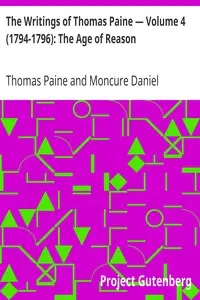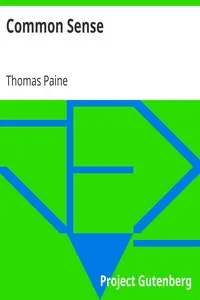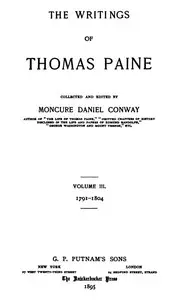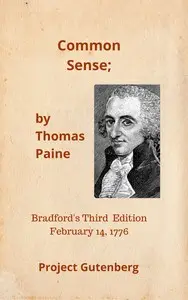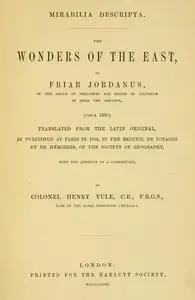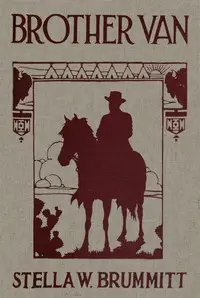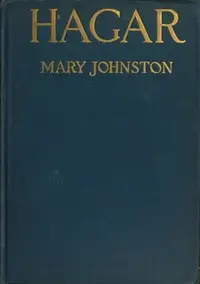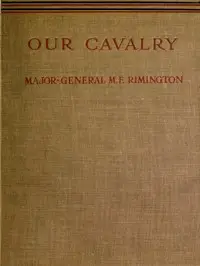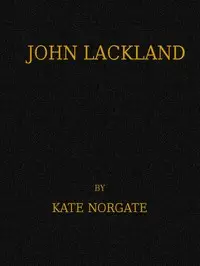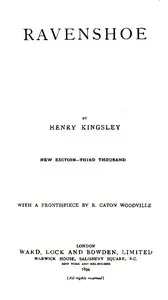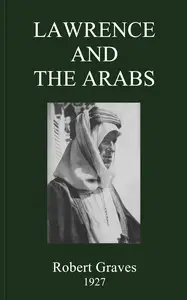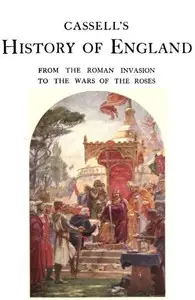"The Writings of Thomas Paine — Volume 2 (1779-1792): The Rights of Man" by Thomas Paine is a historical account that was written towards the end of the 18th century. This volume focuses on Paine’s response to Edmund Burke's criticism of the French Revolution, articulating fundamental principles of republicanism and human rights. The book outlines Paine's arguments supporting the rights of individuals and the need for government reform, emphasizing liberty, equality, and the opposition to hereditary monarchy. The opening of this volume provides context for the intense political landscape of the time, detailing Paine's personal journey to France and his interactions with key figures of the revolution, such as Lafayette and Jefferson. It establishes the backdrop for the debate between Paine and Burke, highlighting the growing tensions between monarchists and republicans in Europe. Paine introduces the central themes of his critique against Burke, revealing his belief that rights cannot be abdicated by previous generations and arguing for the inherent equality of all men. He calls for a re-examination of political authority and the relationship between governments and the governed, aiming to persuade readers of the necessity for a revolutionary change based on the ideals of liberty and democratic governance. (This is an automatically generated summary.)
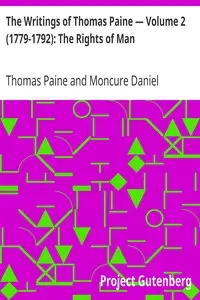
The Writings of Thomas Paine — Volume 2 (1779-1792): The Rights of Man
By Thomas Paine
"The Writings of Thomas Paine — Volume 2 (1779-1792): The Rights of Man" by Thomas Paine is a historical account that was written towards the end of t...
Genres
Released
2003-02-01
Formats
epub (images)
epub3 (images)
epub
mobi
mobi (images)
Free Download
Overview
About the Author
Thomas Paine was an English-born American Founding Father, French Revolutionary, inventor, and political philosopher. He authored Common Sense (1776) and The American Crisis (1776–1783), two of the most influential pamphlets at the start of the American Revolution, and he helped to inspire the colonial era patriots in 1776 to declare independence from Great Britain. His ideas reflected Enlightenment-era ideals of human rights.
Total Reviews
10.0k
Total reviews from Goodreads may change

